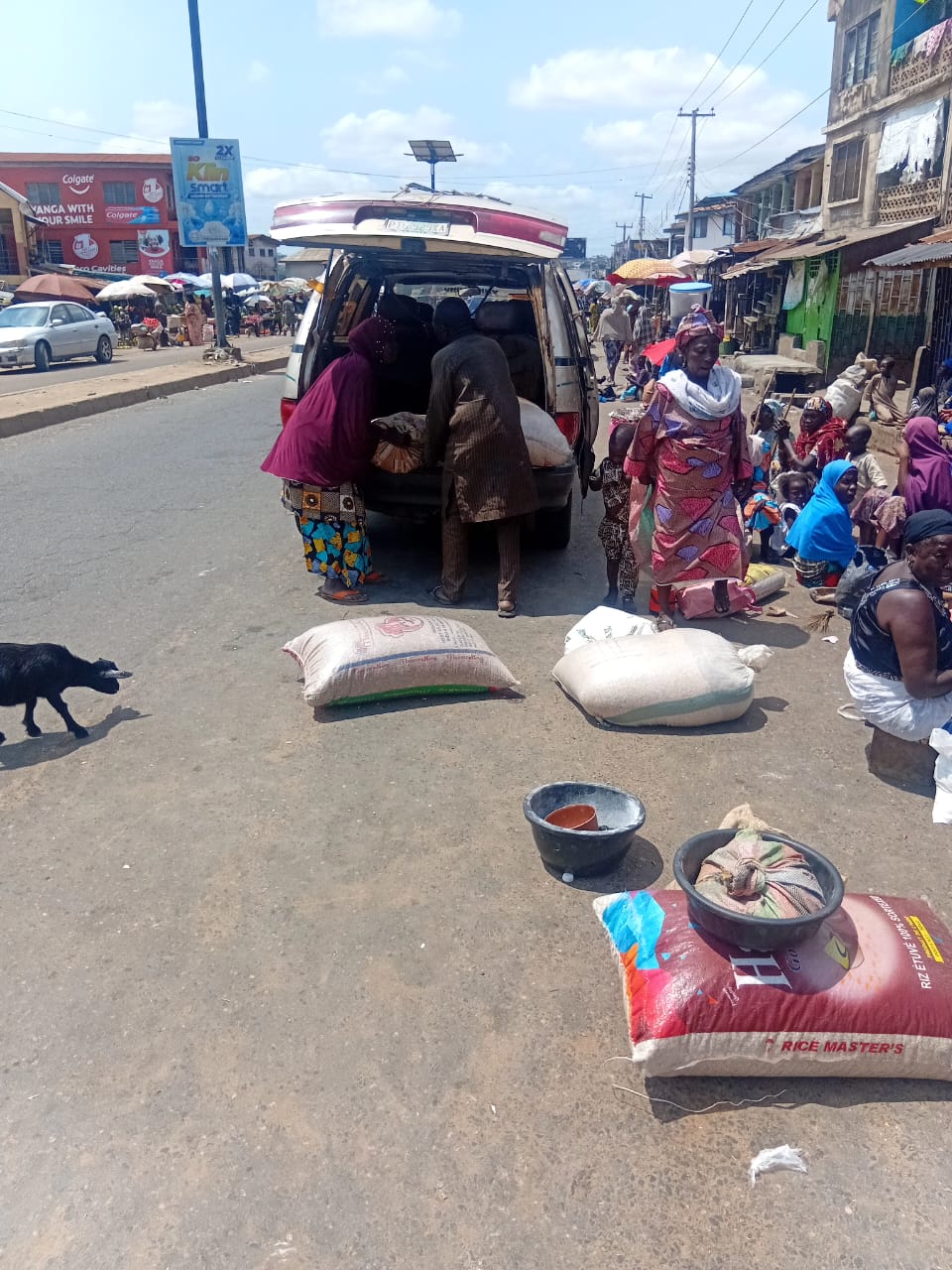Nigeria’s Roadside Racket: How Highway Extortion Pushes Food Prices Beyond Reach

By STELLA JOHNSON OGBOVOVEH
EVERY basket of tomatoes, every bag of rice, and every tuber of yam that reaches Nigerian markets carries an invisible tax — a toll extracted not by law, but by corruption. Across the nation’s highways, truck drivers ferrying food items are bled dry at countless checkpoints manned by police, soldiers, road safety officers, and self-styled “task forces.” Each stop adds a few hundred or thousand naira to the cost of food — a burden that ultimately lands on the plates of ordinary Nigerians.
From Ilaro to Sango-Ota, Ilorin to Osogbo, and Kano to Lagos, this systemic extortion has turned into a national racket. Drivers say they can’t move a truck of maize, yams, or tomatoes without “settling” security agents. Many budget between ₦30,000 and ₦100,000 for “road money” per trip — depending on the distance and number of checkpoints. Traders like Adijat Abolaji and transporters like Baba Igbesa confirm that what should be a straightforward supply chain has become a minefield of bribes and intimidation.
The economic effect is staggering. Each illegal payment inflates transport costs, rippling through the food value chain — from farmers to wholesalers, retailers, and finally, consumers. The National Bureau of Statistics may report easing inflation, but for millions of Nigerians, food remains painfully out of reach.
This culture of extortion thrives on complicity and absence of accountability. In Osun, “Emission Control” and “Education Marshals” extort traders under official-sounding names. In the North, drivers risk detention or harassment if they hesitate to pay. Even enforcement promises — from police clampdowns to new “anti-tout” corps — vanish as quickly as they appear.
Highway corruption is not just a nuisance; it’s a structural threat to food security. Farmers already face rising fertiliser costs, insecurity, and post-harvest losses. Now, they must also contend with a corrupt toll system that drives up prices and deepens hunger.
As Nigeria battles inflation and food scarcity, one truth stands out: the road from farm to market is lined not just with potholes, but with palms perpetually outstretched. Until that stops, food will remain a luxury for too many Nigerians.









